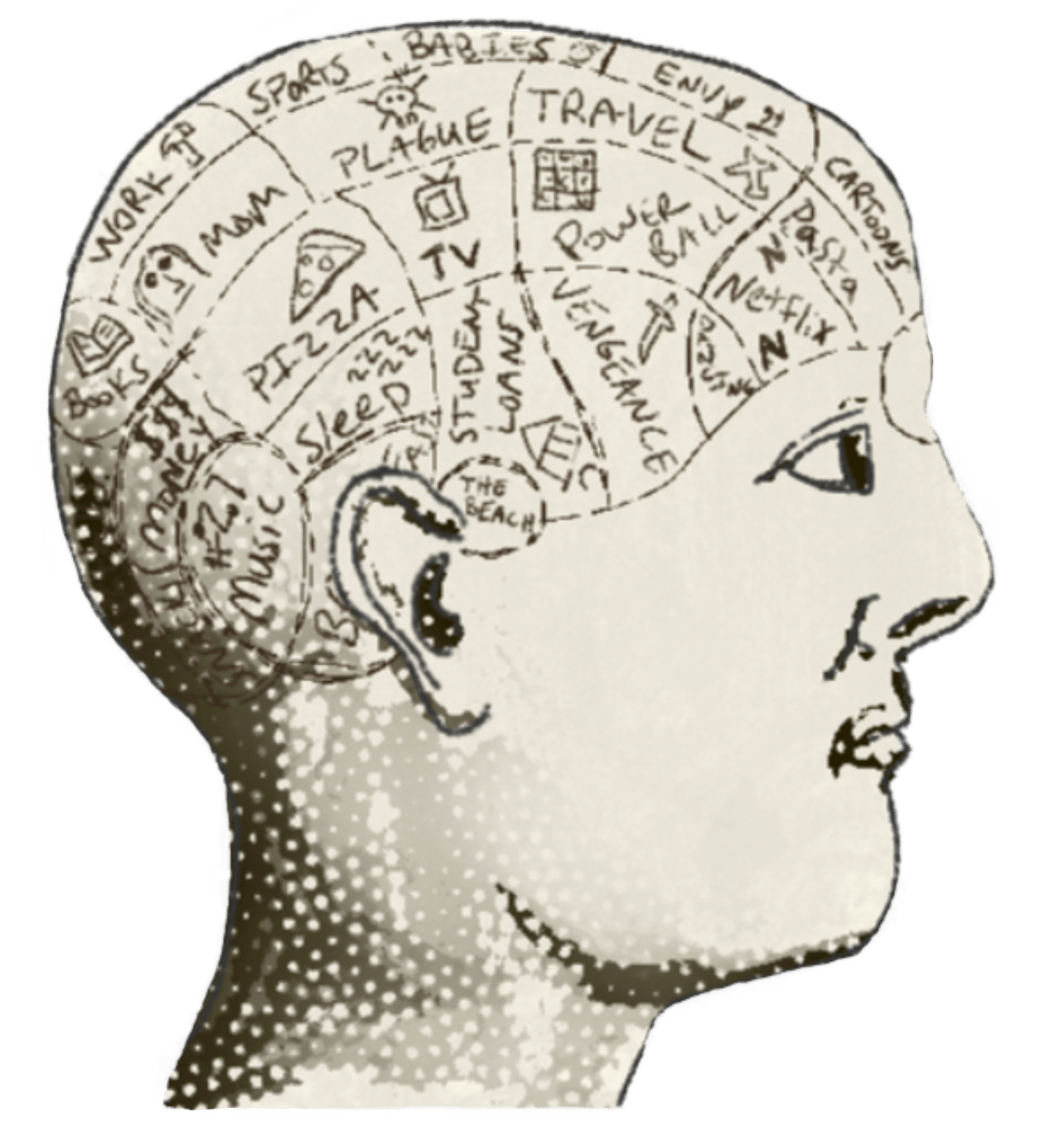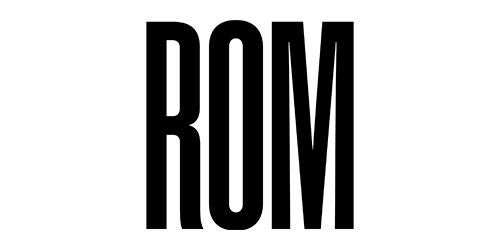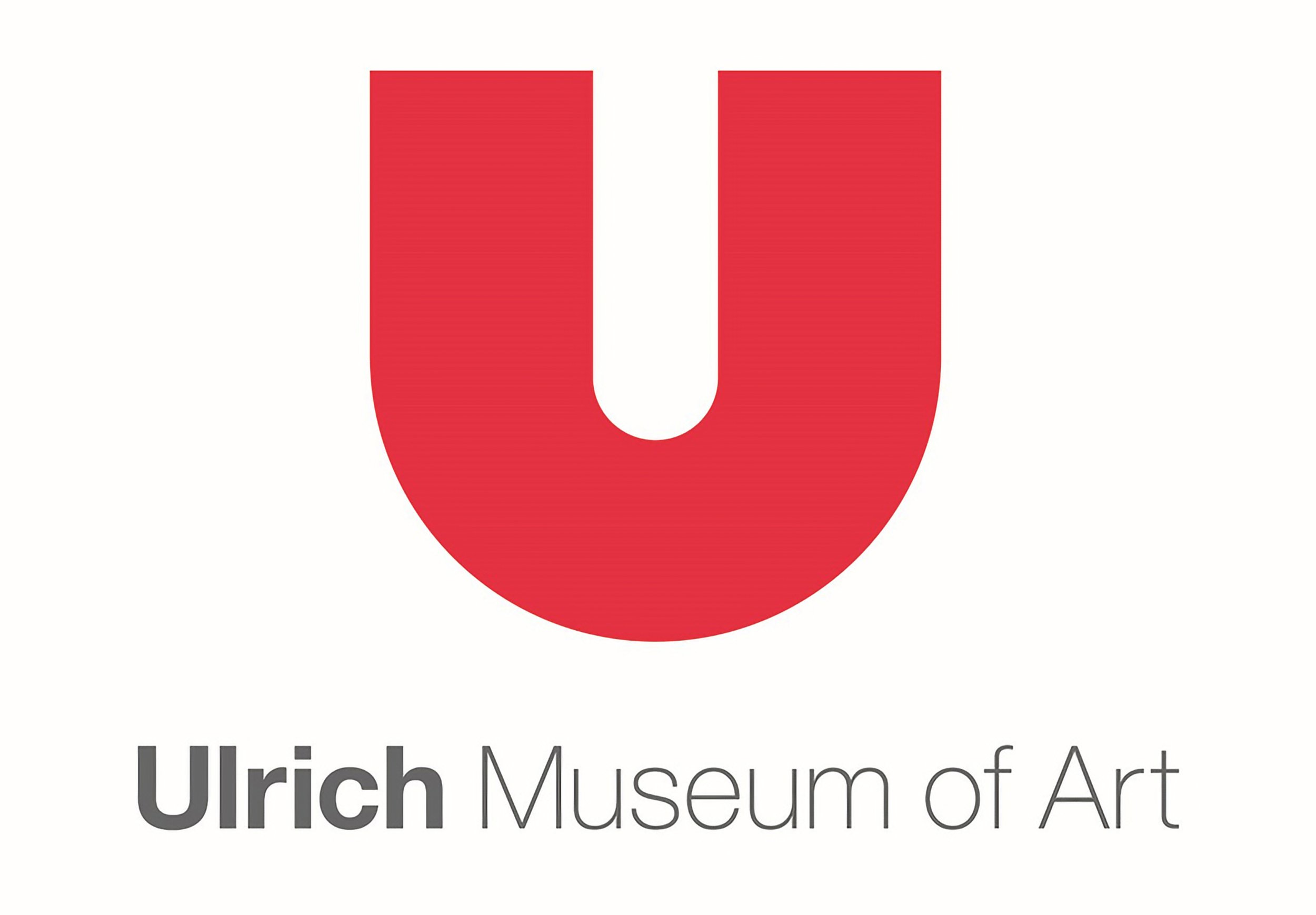Join Museums as Progress
Cultural organizations often measure their value through visitor numbers and demographic data, believing engagement is the path to relevance. Tracking these metrics can feel like a carefully maintained junk food diet — momentarily satisfying numbers that offer no real sustenance, distracting from deeper understanding and masking opportunities for genuine impact.
The problem with engagement metrics is that they only matter to the institution. People don't want to be engaged by a museum — they pursue goals that matter to them: creating memorable experiences with friends, helping students grasp complex concepts, exploring a career in the arts … There are many goals museums can support. Engagement is just the shadow someone casts while making progress toward these goals.
MaP helps institutions identify and support the goals that matter to their communities, leading to more meaningful impact and sustainable growth. Through research-driven frameworks and a supportive community of practice, we guide organizations beyond surface-level metrics toward genuine progress. Individual cultural professionals can participate as well as institutions.
The Museums as Progress Partner Program (MaP³)
Your museum operates in a complex ecosystem of departments, programs, and community relationships. While strategic planning creates valuable space for reflection and alignment, it’s all too easy for that clarity to melt away during implementation. The Progress Partner Program (MaP³) offers a structured assessment and continuous learning to create a foundation for sustainable institutional growth.
Assessment
Designed by the MaP team in collaboration with Dr. John Falk for The Value Realization Collaborative, our assessment provides an evidence-based starting point for institutional progress. The assessment focuses on four critical, interrelated challenges:
Audience Engagement & Diversification
Measuring and Communicating Institutional Impact
Financial Results and Sustainability
Data Practices & Learning Capabilities
Using a mixed methods approach (surveys and interviews), the assessment:
Reveals patterns in how different departments view strategic priorities
Surfaces barriers to cross-functional collaboration
Identifies opportunities where targeted investment could drive outsized impact
Creates a baseline for measuring concrete progress
Positions your institution for deeper strategic work when ready
On-Going Program Benefits
Full Staff Access to Seasonal Programs: Your entire team can participate in workshops and events focused on practical challenges facing museums today.
MaP³ Reading Series: Join discussions that inform your institution's ongoing progress assessment, featuring insights from Dr. John Falk and other leading voices in the field.
Directors’ Cohorts: Join an ever-evolving group of museum leaders in the Strategic Museum Exchange, where peers tackle shared challenges and surface emerging opportunities.
Partnership Advantages: Special pricing and early access to intensive programs like The Value Realization Collaborative (potential savings of up to $3,000 per program).
Registration
We encourage you to schedule a call with us to discuss how MaP³ may support your institution’s goals and find out if it’s a good fit for your team.
If you're ready to begin, choose your registration path based on your institution’s annual operating budget:
Rate Change Notice: Fees will increase on April 1, 2025.
Current rates shown above available through March 31.
For convenience, program access auto-renews at the lower renewal fee, which includes annual reassessment of your institution's progress and strategic priorities. You can cancel anytime through your account settings.
We'll verify your organization's budget after registration if needed. Your entire staff receives access upon enrollment.
If your museum is a member of a MaP partner association, you’re eligible for a 15% discount. Email us for more information.
Participating Cultural Institutions
Ready to Build Internal Support?
We've created a template to help you make a clear case for participation to your colleagues and leadership.
The document outlines what your institution will gain, how progress will be measured, specific benefits for your team, and clear next steps for getting started.
Google Doc Version
Make a copy you can edit and share. Best for gathering input from your team.
Word Version
Download and format it your way. A good start for formal proposals.
Need help building your case?
Schedule a call to discuss your institution's specific challenges. If MaP³ is a good fit, we’ll help you contextualize the program.
Individual Membership
If your institution isn’t ready to enroll in MaP³, you can join as an individual member.
Free
✓ Participate in thematic discussions and events
✓ Connect with progress-focused practitioners
✓ Access insights through The Progress Report
Insights
✔️ Early access to research findings and contributor insights
✔️ Recordings library access
✔️ Progress updates from key contributors
$8/month or $59/year
Supporting
✔️ Early access to research findings and contributor insights
✔️ Recordings library access
✔️ Progress updates from key contributors
✔️ Participate in all paid events and workshops
✔️ Early access to limited-attendance events and programs
✔️ Course discounts
$75/season or $99/year
FAQ
Individual membership provides personal access to MaP events and resources. The MaP³ program takes this further — your entire institution gains access while receiving structured assessment and guidance to drive organizational progress. Think of individual membership as professional development and MaP³ as institutional development.
All cultural institutions and professionals are welcome, including:
Museums of all types and sizes
Public gardens and arboreta
Zoos and aquariums
Historic sites and cultural centers
The initial assessment survey requires 15 to 30 minutes per participating staff member. In addition to the survey, we will invite up to eight key staff to participate in private interviews. The assessment is completed within six weeks and leadership will be invited to a one-hour debrief to discuss results. This process is repeated annually to track change over time. Beyond this foundational assessment, MaP³ is designed for flexibility — your staff choose which events and programs serve their needs, with no mandatory time commitments.
MaP³ complements strategic planning by revealing patterns in how different departments view priorities and progress. The assessment can be particularly valuable during planning phases, as it surfaces insights that inform strategic direction and help align teams around shared goals.
At the end of your first year, your institution is invited to participate in a reassessment. This creates a picture of your progress while surfacing new opportunities that may have emerged. The program automatically renews at a reduced fee (typically 1/3 of your first-year investment), but you maintain complete control — you can cancel renewal anytime through your account settings without contacting us.
Yes. MaP³ partners receive a 15% discount on programs like The Value Realization Collaborative, which can represent significant savings on premium offerings. More importantly, the MaP³ assessment helps identify which intensive programs or research would provide most value for your institution's specific context.
Registration is straightforward — select your tier based on operating budget above and complete payment. We'll verify your budget information after registration and help you begin the assessment process.
We can provide an invoice, which will let you pay via ACH bank transfer. Email community-at-museumprogress.com to request an invoice.













